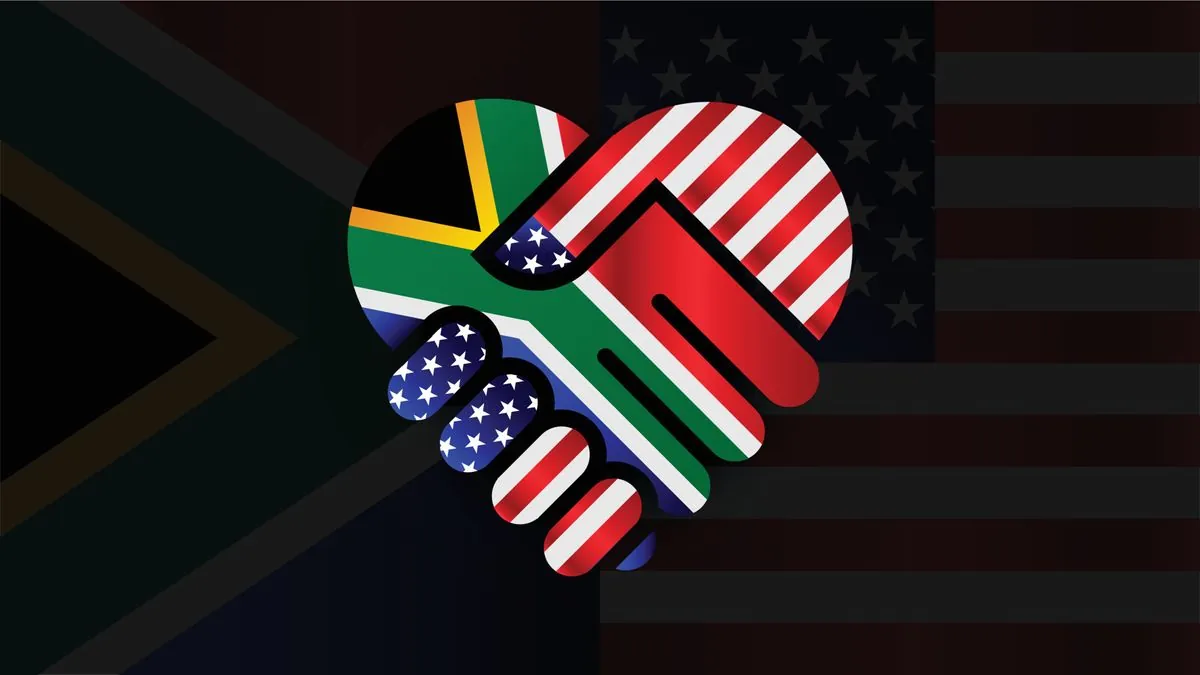In recent years, the United States has misinterpreted China's lending commitments to Africa as a symbol of economic strength. However, this perspective overlooks the underlying vulnerabilities in China's economic model and the potential for the US to leverage its own strengths in fostering economic relationships with African nations.
Xi Jinping's pledge of over $29 billion in new lending commitments at the Forum on China-Africa Cooperation (FOCAC) has prompted the US to respond by attempting to match China's lending practices. This approach, however, fails to recognize the fundamental differences between the two economies and their respective needs.
China's lending strategy is driven by its economic vulnerabilities, including low consumer demand and a heavy reliance on maintaining a positive trade balance. The country's export credit agencies, such as the China Development Bank (CDB) and China Ex-Im Bank, have significantly increased their overseas lending in recent years. This is largely due to their access to vast pools of US dollar reserves and the ability to issue bonds in domestic markets.
In contrast, the United States has a consumer-driven economy that can sustain trade imbalances while maintaining growth. This unique economic structure allows the US to offer African countries what they truly need: export markets for finished goods and services. This approach could foster sustainable economic development and industrialization in African nations.
"Our focus should be on expanding trade agreements that benefit both African exporters and American consumers, rather than competing with China in lending practices."
The African Growth and Opportunity Act (AGOA), established in 2000, provides a solid foundation for this approach. As a nonreciprocal preferential trade agreement, AGOA promotes African industrialization and job creation while offering preferential access to US consumers. Expanding and internationalizing AGOA could serve as a powerful alternative to China's lending programs.
Renewing and enhancing AGOA in 2025 presents an opportunity for the United States to redesign its economic engagement with African countries. This strategy aligns with the concept of "friendshoring" and could be extended to other low-income regions such as Latin America and Southeast Asia.
It's crucial to note that many low-income countries are approaching their debt limits. The United States should avoid repeating past mistakes of debt-based development, which led to severe economic burdens in the 1980s and 1990s. Instead, focusing on trade agreements allows the US to maintain high ethical and environmental standards while fostering economic growth.
By leveraging its strengths in trade and consumer-driven economics, the United States can offer African nations a more sustainable path to development. This approach not only benefits African countries but also serves US economic interests in the long term. As China's economy potentially rebalances in the coming years, the US strategy of promoting trade over lending will prove more resilient and mutually beneficial.
In conclusion, the United States should focus on its unique economic strengths rather than attempting to outcompete China in lending. By offering African leaders the opportunity to sell goods and services to the US market through expanded trade agreements, Washington can create a more effective and sustainable economic partnership with Africa.
